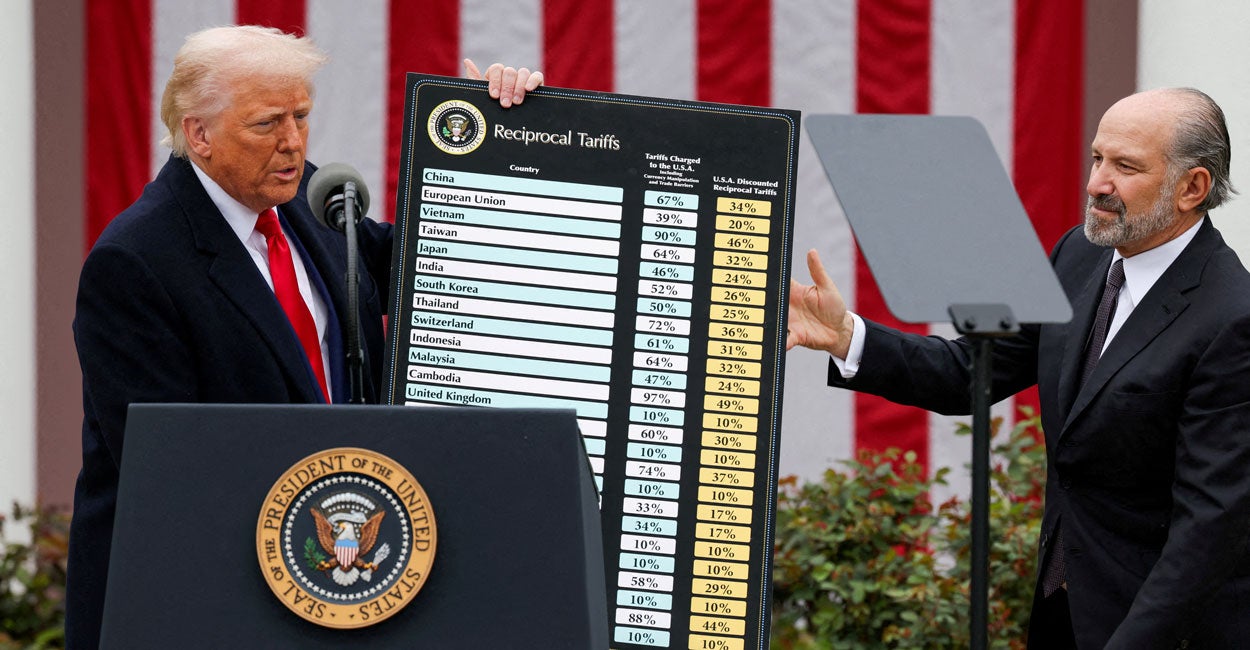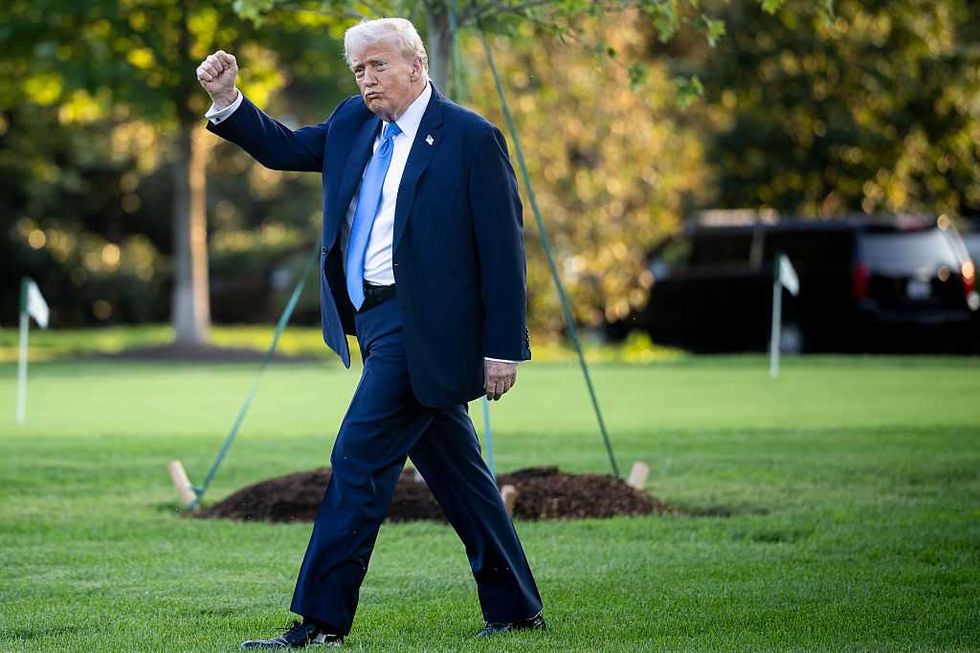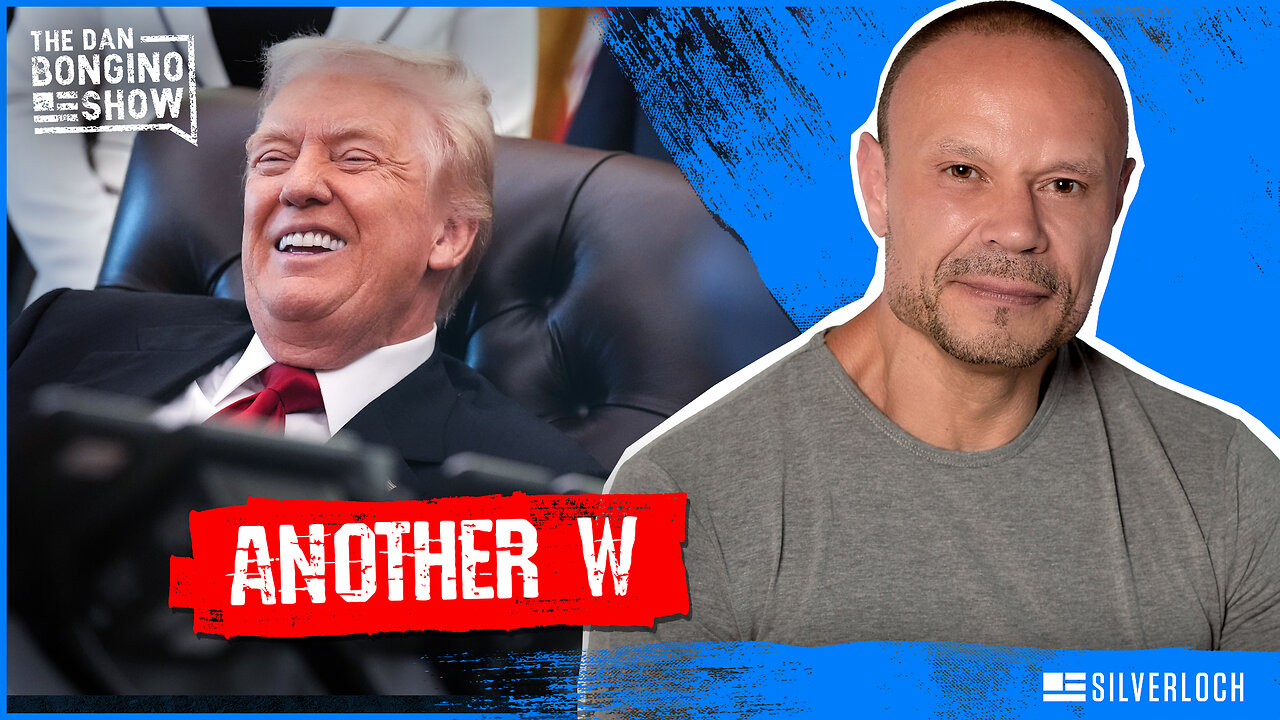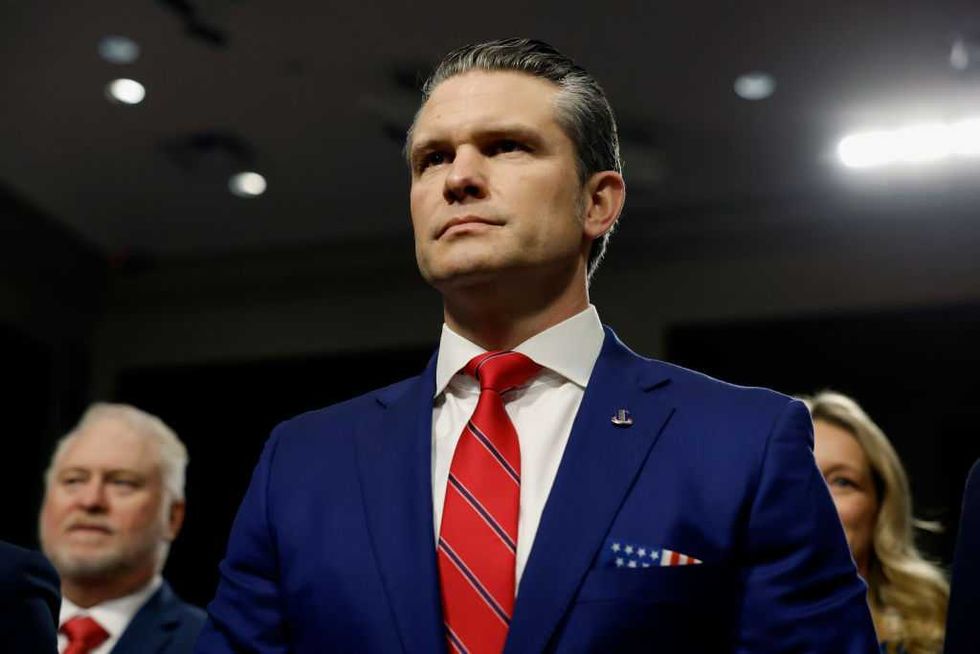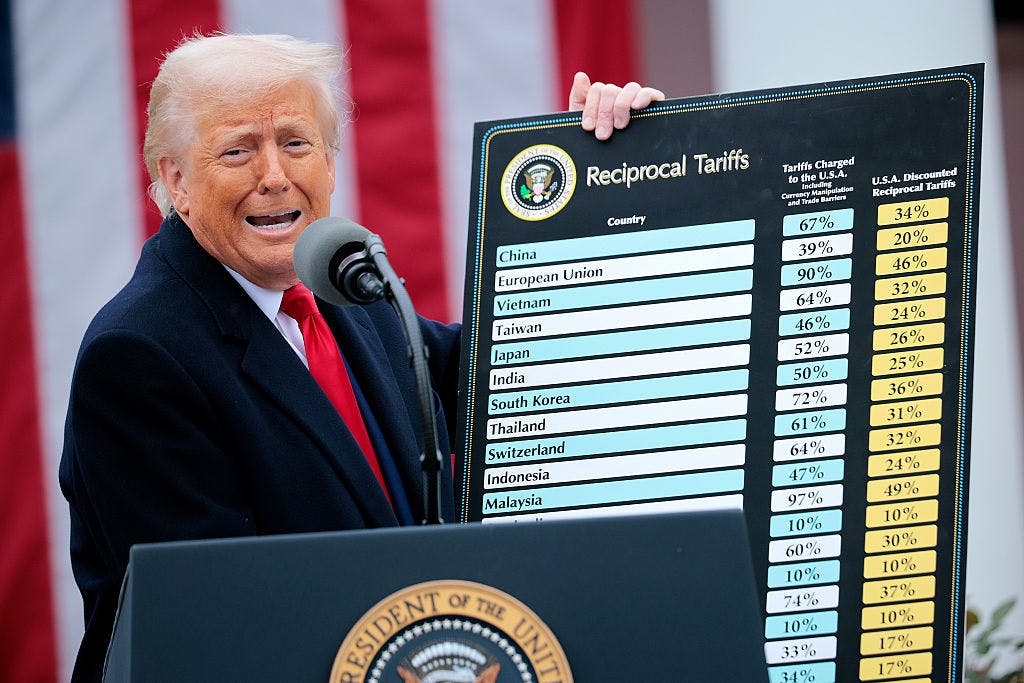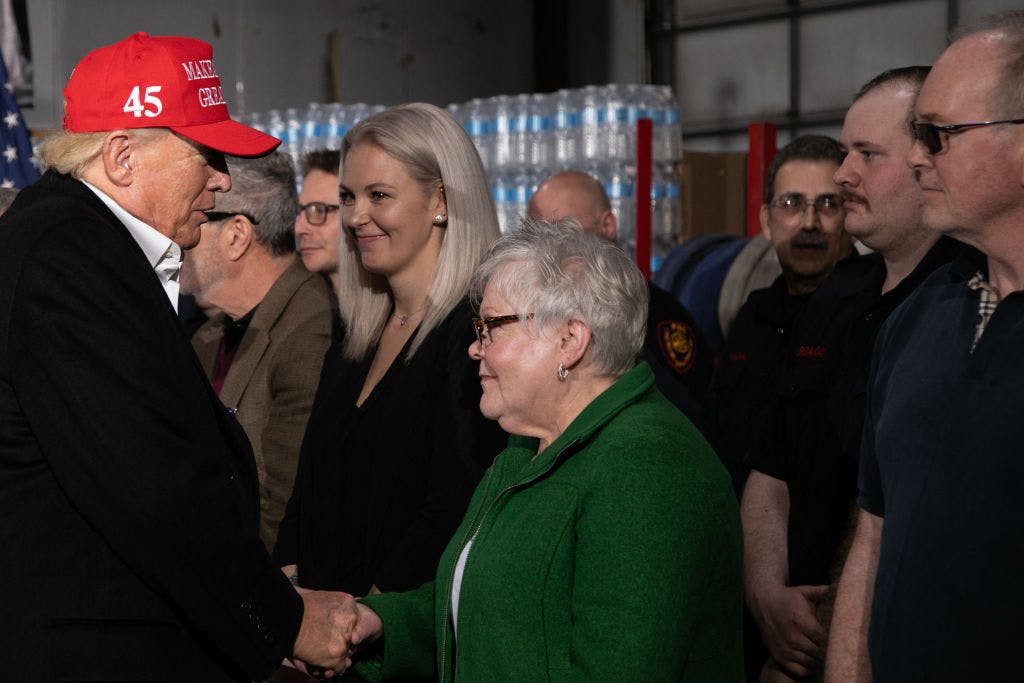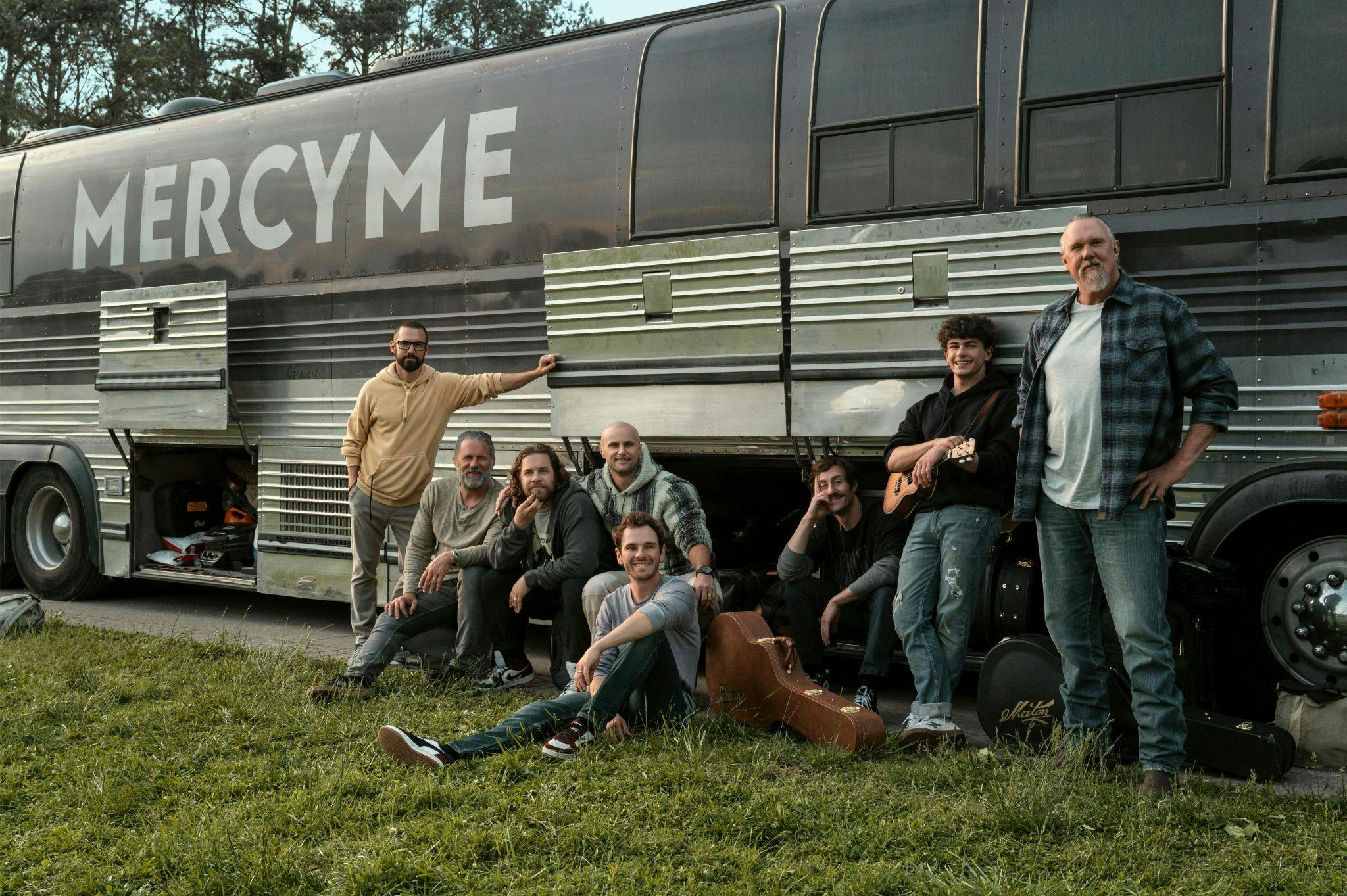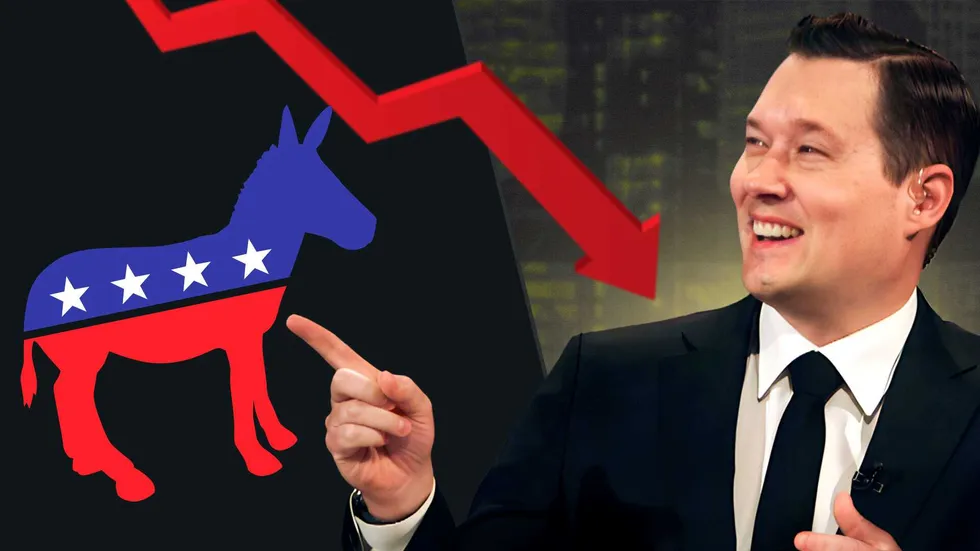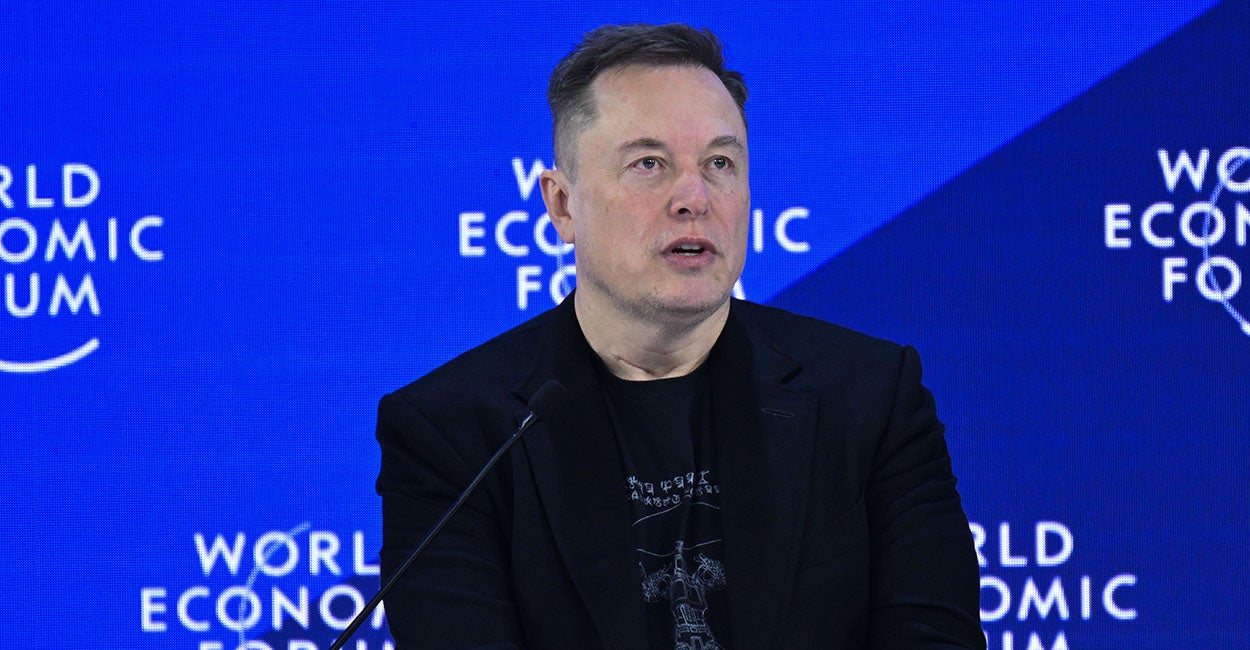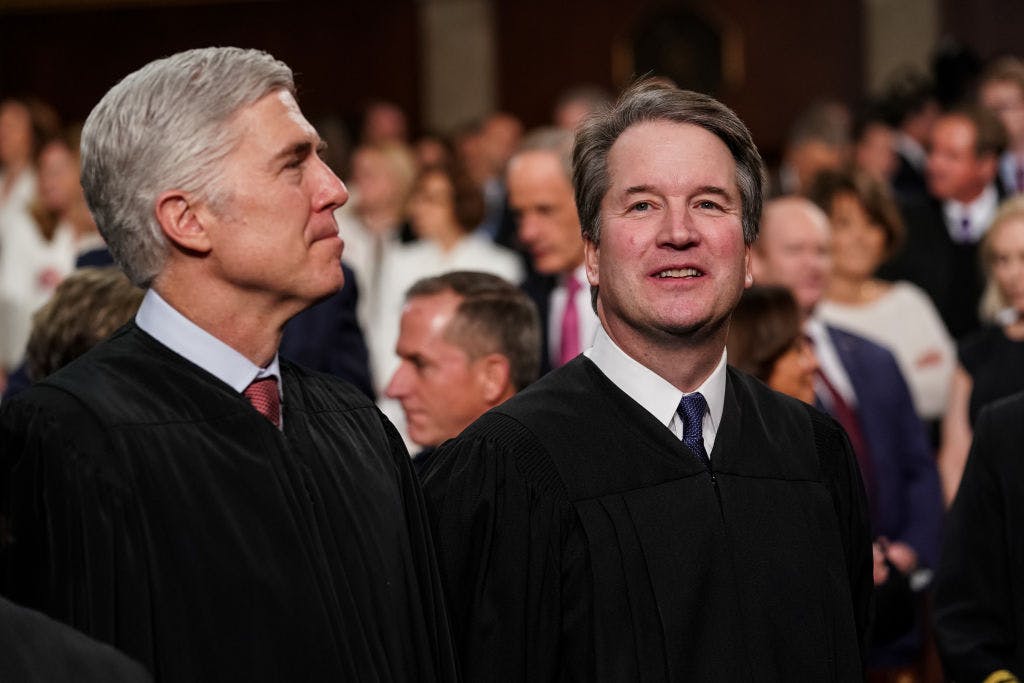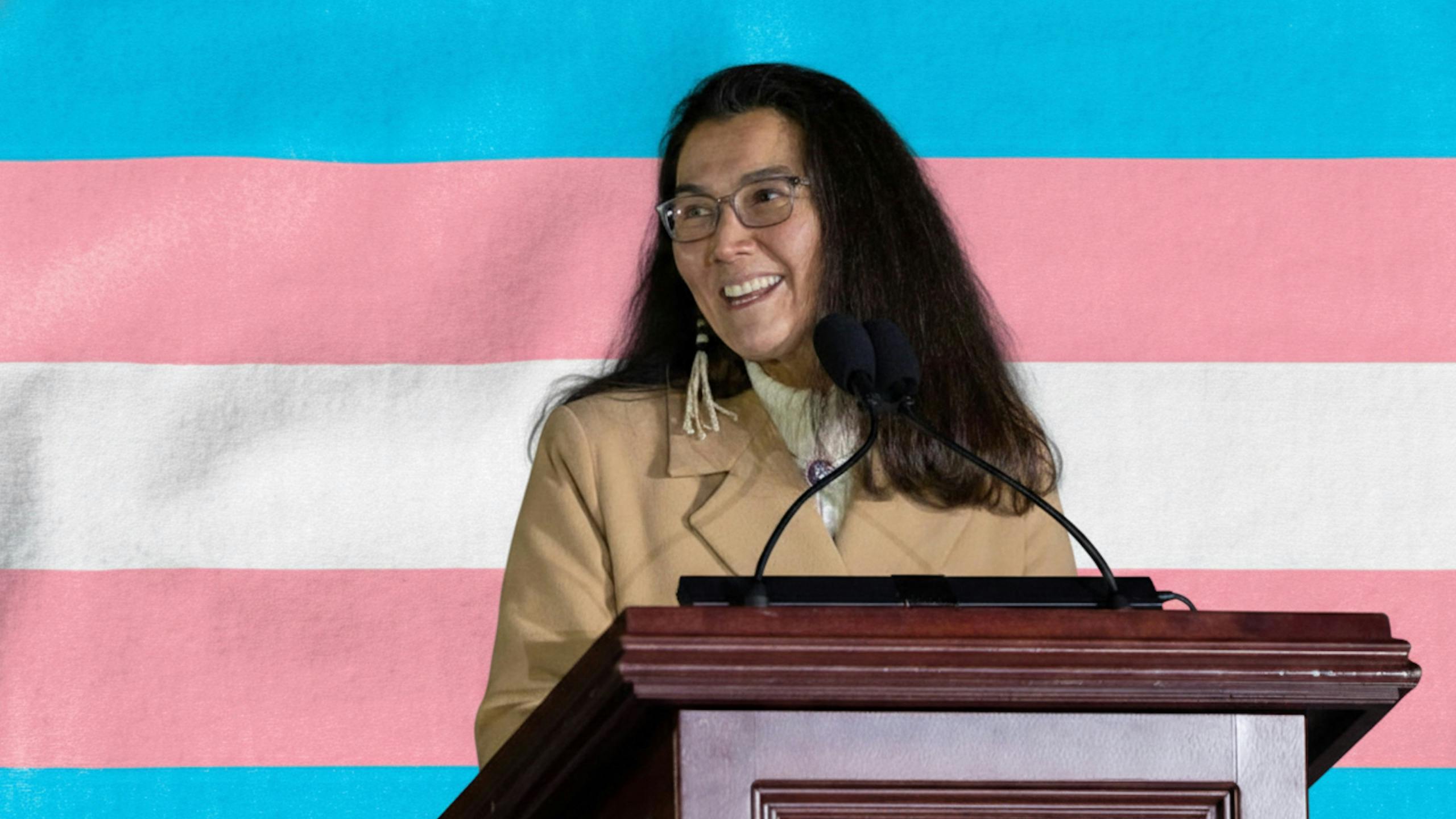The God-given idea that helped make America great — and can save us again
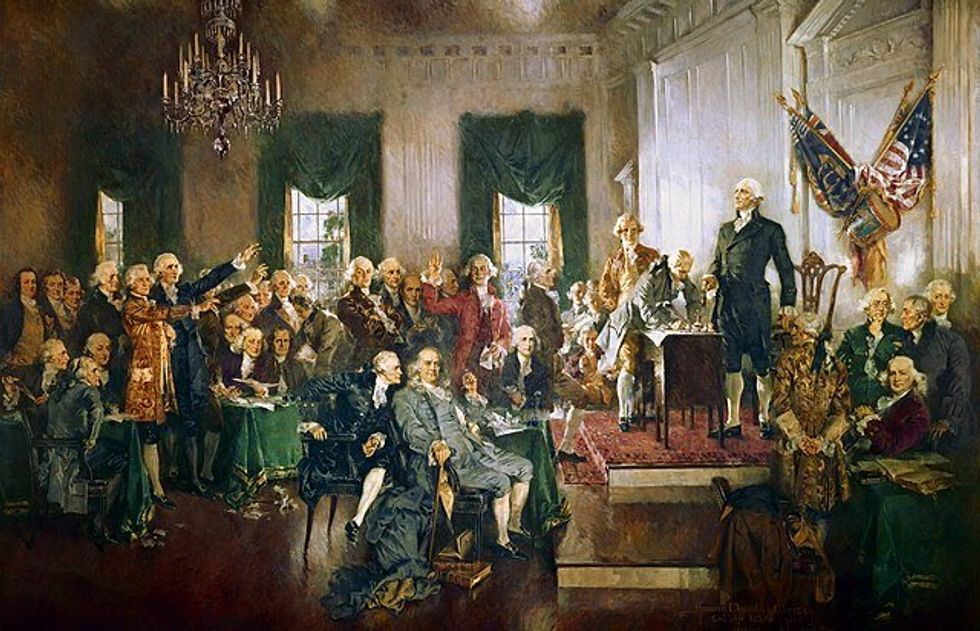
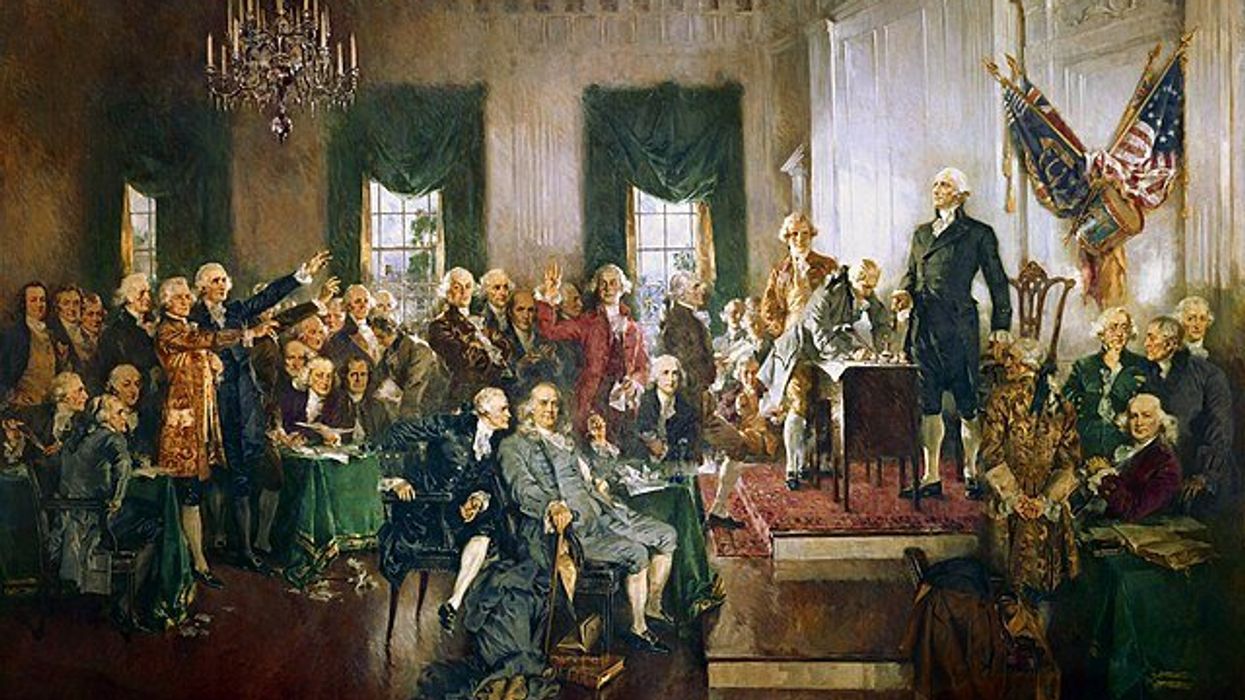
Well before America’s founders drafted the Constitution, they understood that they had a national security problem rooted in economic and technological gaps.
Live Your Best Retirement
Fun • Funds • Fitness • Freedom
Colonial America supplied Britain with raw materials, and the motherland traded us finished goods. That was tolerable then, despite its one-sided nature.
The intellectual property framework the founders designed democratized invention and creativity — and rewarded merit.
Then, Great Britain crossed the Rubicon. It unilaterally levied taxes on the colonies with the Sugar Act, which colonial resistance caused to be repealed. The Stamp Act of 1765 also imposed taxes without colonial consent. Then the taxes and regulations of the Townshend Acts further stirred colonial anger.
Revolutionary sentiments brewed, with public protests resulting in the Boston Massacre of 1770 and the “tea parties” in 1773 and 1774. Finally, combat broke out at Lexington and Concord in 1775.
Britain had the economic and military advantage over the largely agricultural colonies, which suffered chronic shortages of guns, gunpowder, blankets, and shoes.
Flourish by design
For America to survive as an independent nation, the model had to change. It needed to promote rapid economic and technological advancement. It needed a policy that coupled economic liberty with property rights.
The founders set a course for achieving what Article I, Section 8 of the Constitution calls “the progress of science and useful arts.” This was done “by securing for limited times to authors and inventors the exclusive right to their respective writings and discoveries.”
The intellectual property framework the founders designed democratized invention and creativity — and rewarded merit. The Constitution was crafted to secure and enable an individual’s rights, including patent rights to the property someone created.
The founders understood that the ownership right would help unleash human flourishing. They had learned this from the Bible, the legacy of the Reformation, and great minds such as Edward Coke, William Blackstone, and John Locke.
Biblical basis
Property rights incentivized creative endeavors, which is precisely what the framers sought to do.
The biblical framework for invention and creativity flows from foundational truths. He who created the universe (e.g., Genesis 1:1, Job 38, Psalm 8:1-5) also claims ownership of His creation (e.g., Deuteronomy 10:14, Psalm 24:1, Isaiah 64:8).
RELATED: The American principle: There can be no blessings without God in our lives
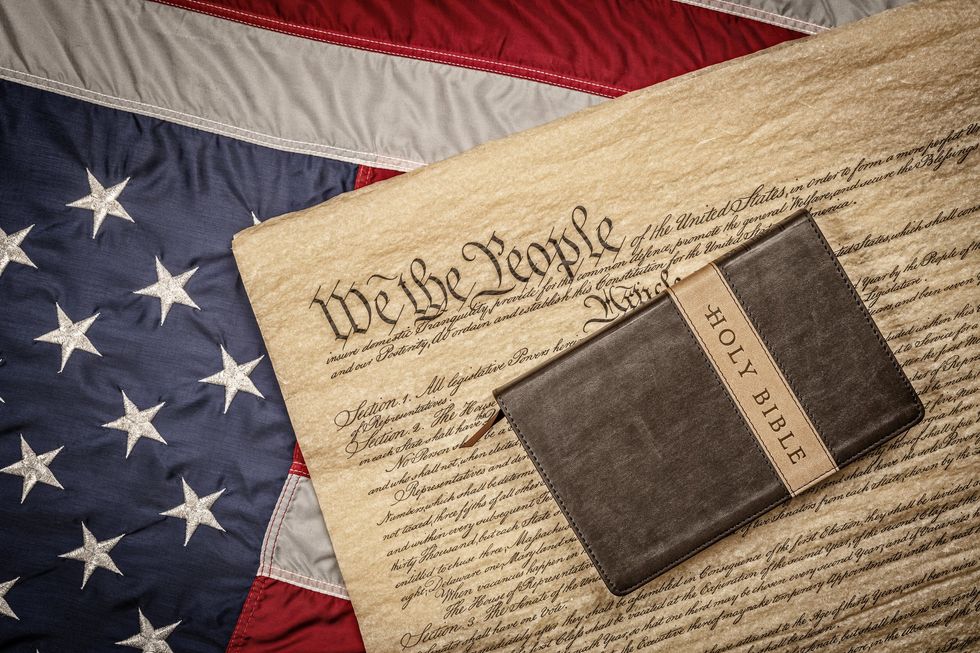 joebelanger/iStock/Getty Images Plus
joebelanger/iStock/Getty Images Plus
Moreover, God not only creates and owns, but He communicates those attributes to human beings, the creature who bears His image and is charged with stewardship of the lower creation (e.g., Genesis 1:26-30, Psalm 8:6-8, Micah 4:4). The founders applied this combination of creativity and ownership as the formula for maximizing human flourishing.
This resulted in America growing from a vulnerable agrarian society to the world’s premier industrial economy. By the 20th century, the United States led the world in economic and technological strength.
Our golden age
The golden age of American patenting started in 1836, when Congress established a dedicated U.S. Patent Office.
When someone produced a novel invention, he was awarded a patent. Applicants could appeal patent denials to impartial chief examiners — and they could obtain review in a federal court. A patent had a 14-year term from the date it was issued. Economic historian Zorina Khan notes in "The Democratization of Invention" that a seven-year extension could be provided to ensure “reasonable remuneration for the time, ingenuity, and expense bestowed” in developing and bringing an invention to market.
This system embodied the founders’ vision, implementing the biblical model of human creativity incentivized by secure ownership. This creativity-ownership combination has clearly stimulated mass flourishing in America, where we have experienced wealth creation and prosperity in vast measure.
Today, we approach the 250th anniversary of our independence, knowing what the founders did not: The American experiment turned out quite well.
Yet keen observers are less sanguine about our future.
Creative comeback
In recent years, the federal government has undermined the successful intellectual property model the founders gave us.
For example, a cardinal rule of the patent process was maintaining the confidentiality of inventions for which a patent was sought but not yet granted. But then the Clinton administration and Congress began publishing U.S. patents that were still being examined. Cutting-edge American technology was being transferred to Japan and China before an inventor’s exclusive legal rights had been secured at home.
RELATED: China’s greatest export isn’t steel — it’s industrial theft
 MF3d/Getty Images Plus
MF3d/Getty Images Plus
The 2011 America Invents Act wiped out several useful elements of the Patent Act. It established the quasi-judicial Patent Trial and Appeal Board, before which anyone can challenge and more easily invalidate issued patents. Today, the PTAB destroys value and wealth in newly created property, the very inventions that promise American leadership in the most cutting-edge technologies.
The United States is now falling behind in global technological leadership — but we must out-innovate foreign competitors, particularly China.
America must relink ownership with creativity to incentivize creativity through reliable, enforceable property rights. Secure IP rights coupled with economic freedom are pro-growth policy, just as much as the right tax policies.
To re-establish America’s technological and economic prowess, we must return to God’s design — that which the founders adopted with world-changing success.
Originally Published at Daily Wire, Daily Signal, or The Blaze
What's Your Reaction?
 Like
0
Like
0
 Dislike
0
Dislike
0
 Love
0
Love
0
 Funny
0
Funny
0
 Angry
0
Angry
0
 Sad
0
Sad
0
 Wow
0
Wow
0


